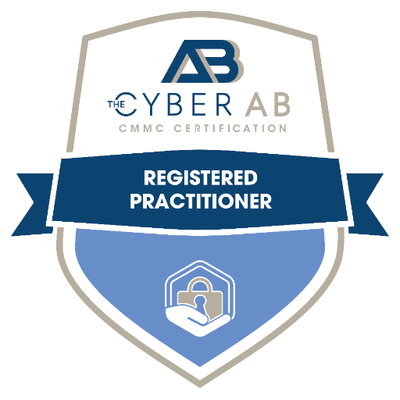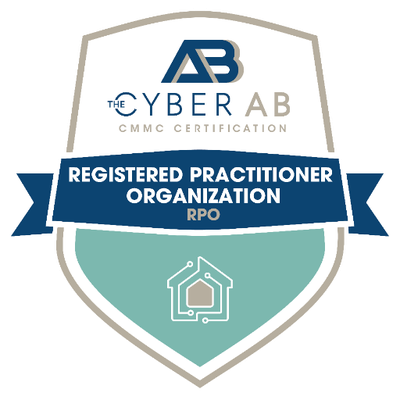Safeguarding your organization’s sensitive information and maintaining compliance with regulatory requirements is paramount. One framework that demands your attention in this regard is ISO 27001:2022. Here is what you need to know about this internationally recognized standard and its implications for your organization.
Convergence with NIST CSF 2.0
ISO 27001:2022 and NIST CSF 2.0 indicate a convergence of both frameworks, highlighting their similarities and shared objectives in enhancing cybersecurity governance. This convergence reflects a growing recognition of the complementary nature of these frameworks and their ability to provide organizations with a comprehensive approach to managing cybersecurity risks.
For CEOs and CFOs, this convergence offers the opportunity to leverage the strengths of both frameworks to strengthen your organization’s cybersecurity posture. By aligning ISO 27001:2022 with NIST CSF 2.0, you can establish robust controls and processes to protect your organization’s sensitive information and critical assets.
Certification Audit Requirement
ISO 27001:2022 requires organizations to undergo a certification audit conducted by an accredited certification body. This audit assesses the organization’s implementation of information security controls and its adherence to the requirements of the ISO 27001 standard.
As CEOs and CFOs, it’s essential to recognize the significance of the certification audit process and ensure that your organization is adequately prepared to demonstrate compliance with ISO 27001:2022. Investing in comprehensive cybersecurity measures and engaging with experienced auditors can help streamline the audit process and mitigate risks.
Development of an Information Security Management System (ISMS) Enclave
ISO 27001:2022 focuses on the development of an Information Security Management System (ISMS) enclave within the organization. This involves establishing policies, procedures, and controls to protect information assets and manage cybersecurity risks effectively.
Additionally, ISO 27001:2022 requires organizations to certify staff, helpers, or rolese involved in the implementation and maintenance of the ISMS. This ensures that personnel possess the necessary skills and expertise to support the organization’s cybersecurity objectives and pass the certification audit successfully.
Privacy-Focused Publication: ISO 27701
In addition to ISO 27001:2022, organizations may choose to implement ISO 27701, a privacy-focused extension to the ISO 27001 standard. ISO 27701 provides guidelines for establishing, implementing, maintaining, and continually improving a Privacy Information Management System (PIMS), helping organizations demonstrate compliance with privacy regulations and enhance customer trust.
Impact on Business Operations
For executives, adhering to ISO 27001:2022 can be a transformative factor in unlocking international business opportunities. This certification is increasingly becoming a standard requirement in global contracts, especially within sectors where data protection and information security are paramount. Many international clients and partners now mandate ISO 27001 compliance as part of their due diligence processes. This requirement reflects a growing emphasis on robust cybersecurity practices and demonstrates a commitment to maintaining high standards of information security. Achieving ISO 27001 certification not only facilitates entry into these markets but also establishes your organization as a trustworthy partner capable of meeting stringent security expectations.
Conversely, the absence of ISO 27001 certification can act as a significant barrier to expanding into international markets. Organizations lacking this certification may find themselves excluded from bidding on lucrative contracts or collaborating with key global players. In a landscape where cybersecurity concerns are increasingly influencing business decisions, non-compliance can be a critical disadvantage. Potential clients and partners may perceive a lack of certification as a red flag, signaling insufficient commitment to security and risk management. This perception can undermine your organization’s credibility and limit its ability to compete effectively on the international stage.
Prioritizing ISO 27001 certification can therefore enhance your organization’s competitive advantage and open doors to new business opportunities. By investing in this certification, executives can not only ensure compliance with international standards but also signal their proactive stance on cybersecurity. This commitment can lead to stronger business relationships, greater market access, and improved reputation among global stakeholders. Ultimately, ISO 27001 certification serves as a strategic asset, enabling organizations to navigate the complexities of international contracts with confidence and assert their position in the global marketplace.
In conclusion, ISO 27001:2022 offers a strategic framework for enhancing cybersecurity governance and protecting organizational assets. By embracing ISO 27001 certification and leveraging its convergence with NIST CSF 2.0, organizations can strengthen their cybersecurity posture, unlock international business opportunities, and demonstrate their commitment to safeguarding sensitive information.




